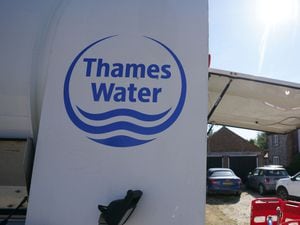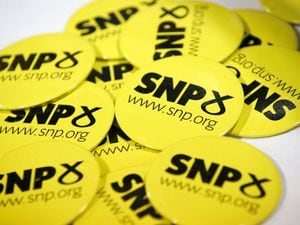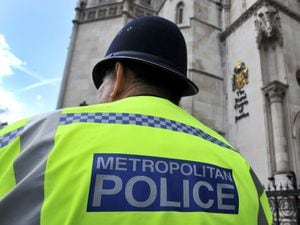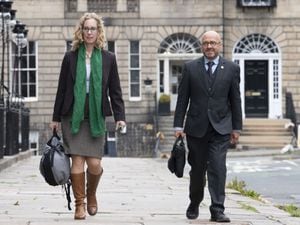Andy Burnham shuns plan to charge road users to clean up air pollution
The Mayor of Greater Manchester said the Government would have to impose such a scheme.
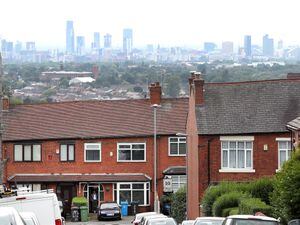
Plans to charge road users in Greater Manchester to clean up air pollution have been dropped if the Government agrees, Andy Burnham confirmed on Friday.
Mr Burnham, the Mayor of Greater Manchester, announced new proposals for a non-charging zone, which will have to be agreed by government, with incentives for old and polluting vehicles to be eligible for grants to replace them.
He said: “We are going into a negotiation.
“The red line is, we will not accept a charging clean-air zone in Greater Manchester.
“And if is that what the Government wants, it will have to impose it.”
The Government has ordered all areas to bring down air pollution by 2024, with different cities and regions taking different approaches.
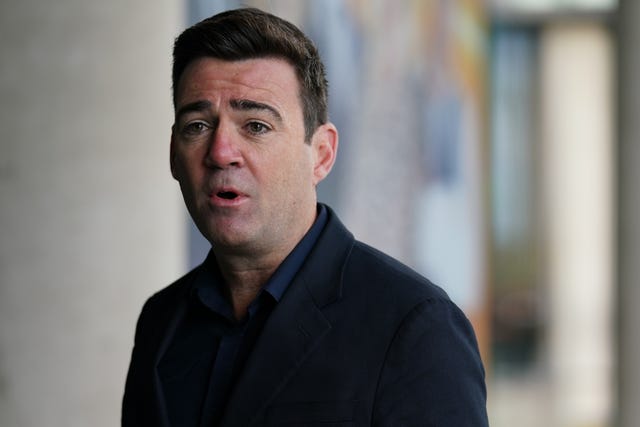
Greater Manchester’s original plan to charge road users from May this year was “paused” in February after the Government and the Greater Manchester Combined Authority (GMCA) agreed to delay the scheme until 2026.
Grants of £120m have been made available but pandemic problems had caused a shortage of electric or hybrid vehicles for road users to convert to before the scheme was set to begin in 2024.
It would have seen buses and lorries charged £60 a day to use the region’s roads.
Vans and minibuses would have been charged £10 a day and taxis registered in Greater Manchester, £7.50 a day, from the following year, 2023 and, at the same time, a charge of £60 for coaches will apply.
Mr Burnham and other politicians had faced growing criticism from some drivers and political rivals over the scheme.
But the mayor said the scheme was never about raising revenue and he would always look to protect jobs and business from any clean-air plans, which were mandated by central government.
At a press conference Mr Burnham said he, and other council leaders, “had listened” and the current plans were a “substantially different” pathway to clean air.
By the increasing use of electric vehicles and by concentrating on converting to electric buses and other measures, reporters were told the clean air targets set for 2026 can be met without charging some road users.
The zone will still be used, along with cameras, to monitor pollution and identify traffic travelling through the region and to identify those local vehicles which could qualify for money to convert to electric.
Mr Burnham said the change in plans was not a climbdown and GMCA had changed its plans because they would not work post-pandemic and a clean air zone was now possible without charging for road use.
He added: “I don’t see how you could possibly call that a climbdown.
“It’s been a journey.
“It’s not about a climbdown.
“It never was invented here.
“We were required to act within a very strict framework.
“A plan agreed pre-pandemic was not going to work in the post-pandemic time.
“We’ve negotiated the position that allows for a non-charging zone.
“So what we’ve tried to do all the way through this is make it manageable for our residents and for our businesses.”
Councillor Andrew Western, lead for Clean Air in the region added: “We will be negotiating with, asking them to accept the principle of non-charging.
“If it is not accepted, that is a government decision not to accept that.
“We may well potentially be asking for more funding.”

